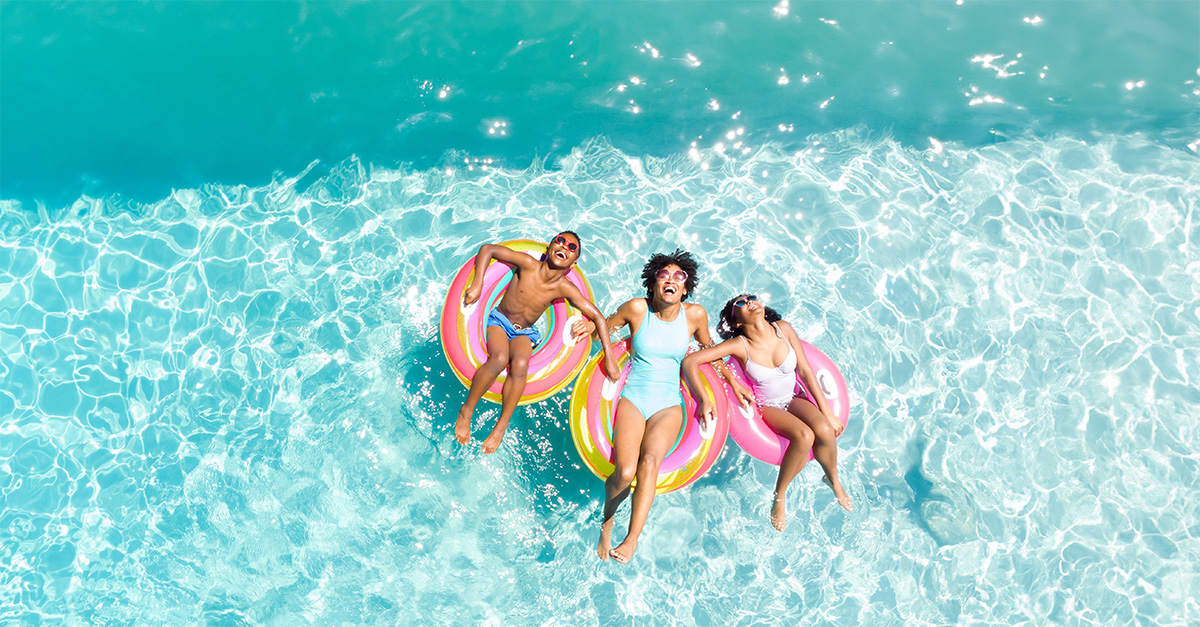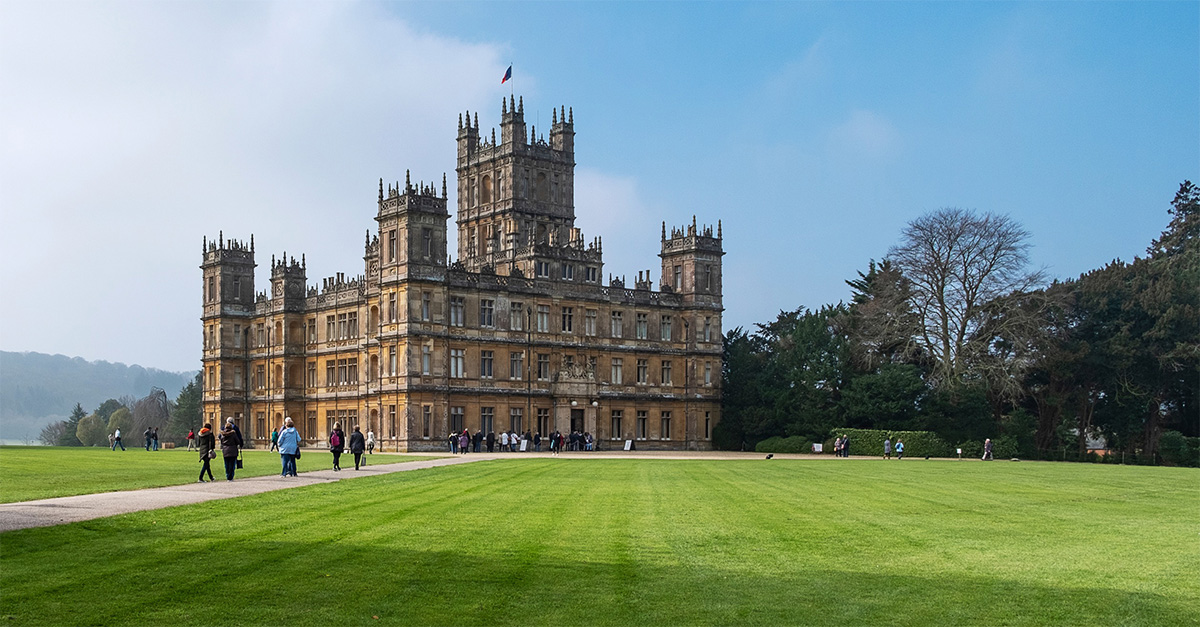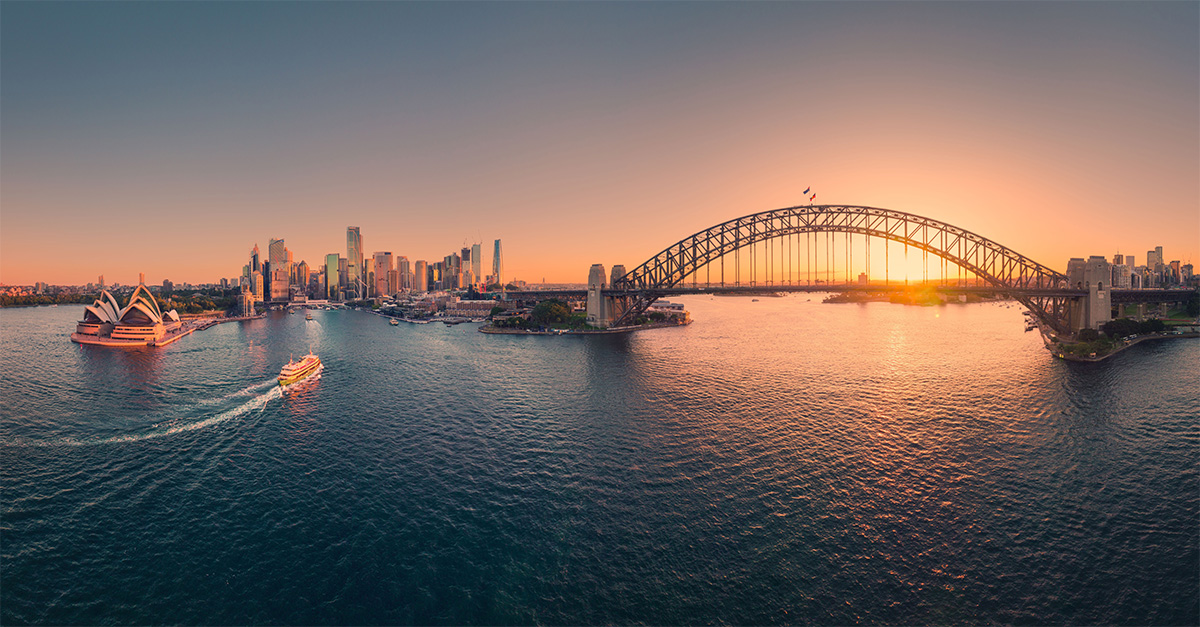Environmentalists studying global warming by measuring its effect on the polar ice caps have until recently had some of the planet’s last remaining unspoilt wildernesses as their exclusive domain.
But as the climate in these regions becomes more hospitable, holidaymakers are turning these frozen eco-systems into tourism hotspots.
Figures from the International Association of Antarctic Tour Operators, which works with operators to the region to enforce regulations on their activity, reveal visitor numbers have rocketed in the last 10 years from just under 10,000 to approaching 30,000.
Cool customers
The picture is less clear in the Arctic, because the region cuts across national boundaries. But the booming cruise industry in Alaska and northern Europe and their greater accessibility mean overall visitor numbers are much higher.
The Norwegian archipelago of Spitzbergen has seen tourist numbers double in the last decade and, according to the Passenger Shipping Association, the number of passengers to Alaska rose by 70% in 2004.
New tours to the poles are threatening to bring even more visitors to these regions and, increasingly, it is not just small, locally run but mass market operators who are meeting this demand.
First Choice is in the process of buying Quark Expeditions, which offers polar cruises on ice breakers and Carnival-owned Princess Cruises has added a second cruise to Antarctica in 2008 on Star Princess, equating to 5,000 customers, who do not figure in the IAATO figures because they remain on ship.
Niche operator Hurtigruten, formerly Norwegian Coastal Voyage, has announced a partnership it hopes will see an additional 82,000 visitors a year to the country’s Arctic coast, lured by promises of whale watching, the spectacular Northern Lights and giant crab safaris.
But this extra tourist traffic is endangering the very existence of the destination it is flocking to see.
Last week the British Antarctic Survey called for tougher regulations at the annual Antarctic treaty meeting, saying that increasing visitor numbers are threatening the region and warning of the devastation an accident involving a tourist vessel would create.
A cap on tourism
For Tourism Concern’s director Tricia Barnett, only an internationally agreed and enforceable cap on the number of visitors will mitigate the effects of tourism.
“The people who are the guardians of these environments should ensure tourism is limited. There are always going to be people attracted by the challenge of going somewhere before anyone else and the travel industry is cashing in on this without a thought of the consequences,” she said.
Hurtigruten UK managing director Iain Cottam conceded tourism to these regions contributes to the changes in the climate that are threatening them, but he said strict local regulations are rigorously enforced.
“This is about responsible tourism. We all need to conform to the legal requirements set out by the territories that we are operating within and usually those are very limiting on what you can do.
“We cannot bury our heads in the sand. These areas are highly sensitive and they are increasing in business. Mainstream operators are moving in and although they may work on different criteria, they are sensitive to the issues. The question is how we pull the industry together on this.”
Princess Cruises UK director Peter Shanks said its two cruises to Antarctica next year, although 18 nights in total, will spend just four nights each in the region and the operator adheres strictly to the stipulations of the Antarctic Treaty and the Antarctic Environmental Protocols, as well as having its own policies.
“We go there rarely and do so respectfully. Two cruises in 2008 are more than enough. The 300 to 400 British customers on those cruises will be interested in that part of the world in the environment.
“We do not go ashore – this is not about thousands of tourists trudging around. We go to great lengths to explain how aware we are of environmental issues and work closely with a number of organisations, following what they want us to do.”
Barnett, however, said: “For us the issue is not whether you can get off the ship, it’s whether the ship should be there in the first place. You are emitting carbon right at the point of environmental change. There has to be quotas that are sustainable, it should not be left to the industry to self regulate.”
Last October Tourism Concern set up an ethical tour operator group that works with small to medium-sized operators. Project manager Guyonne James said the industry must ensure it has only a positive impact on the destinations it operates in.
“There is far less control and regulation in the mass market because the business pressures are so huge. A smaller organisation can make the decision not to go to a destination if they feel it has a damaging effect.”




